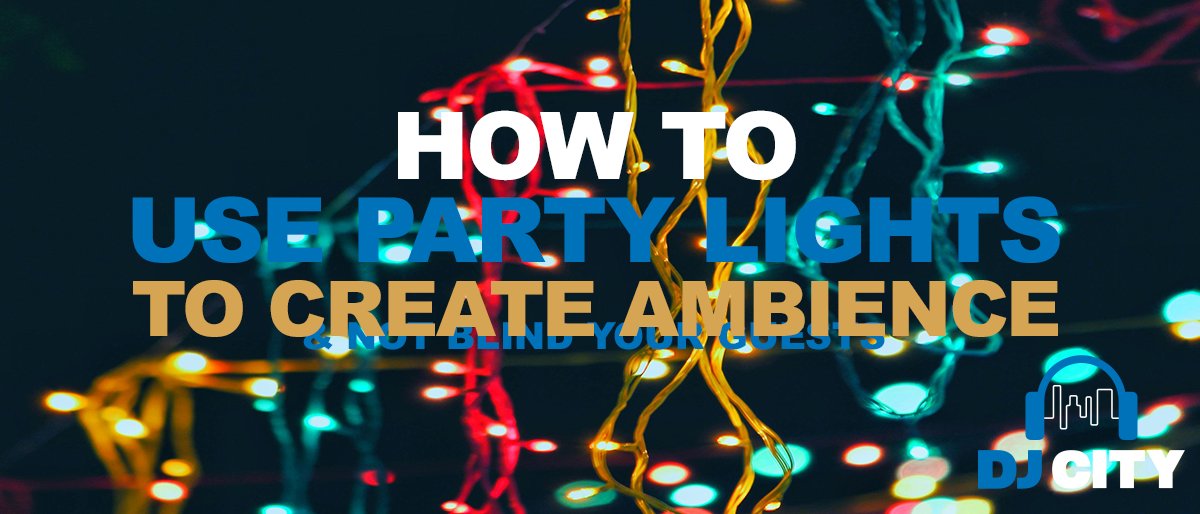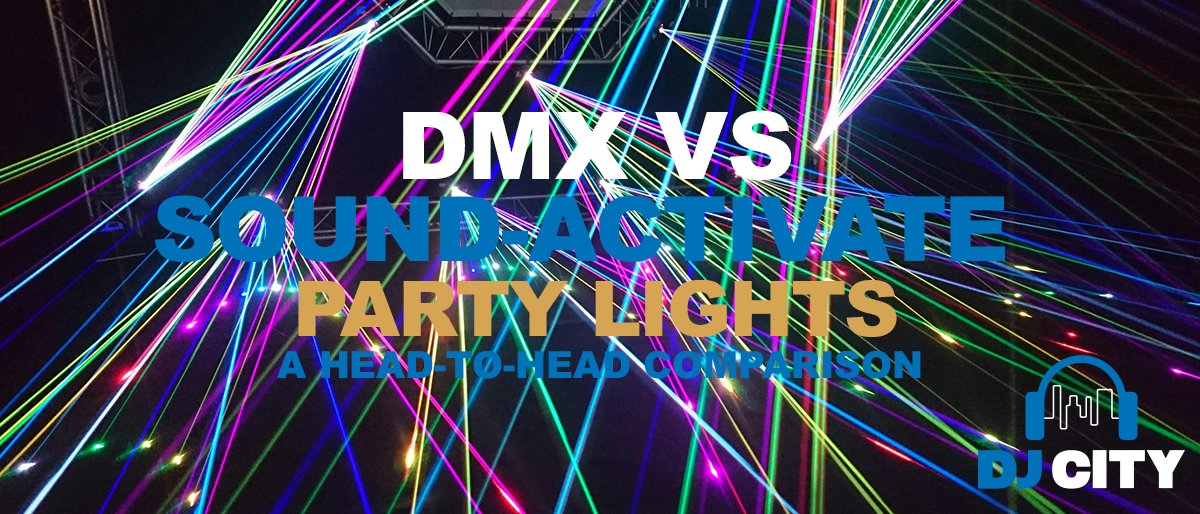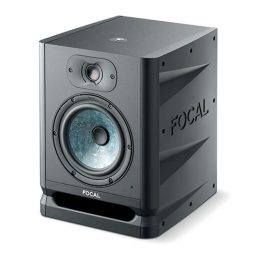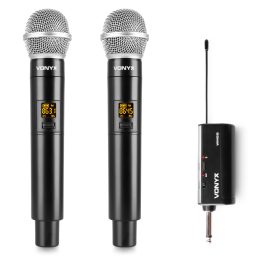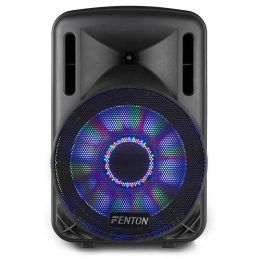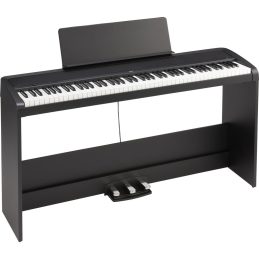
How To Copyright Music
If you’re creating and putting out music, it’s only natural as an artist to want to make sure your music is protected. Having ownership of your music copyright gives you the leverage, protection, and power you need if you’re making money from your songs. So, in this article, we’ll go over what exactly copyright is, as well as how you can copyright your music and stay protected. You’d be forgiven for presuming that getting your songs copyrighted is a difficult and expensive process, but it’s much more simple.
- What is copyright?
- How To Copyright my music?
- Who owns the copyright?
- Is my music still protected by copyright?
- Licensing to others
- What are the penalties for breaching copyright?
What is copyright?
Copyright in music gives you, as the ownwer, exclusive rights to your musical idea. Encouraging people to be creative, there’s a number of rules and rights that come into play once you’ve created a piece of content. These rights outline what you can and can’t do with your idea or musical recording. Copyright grants you exclusive rights, allowing you to copy; distribute; adapt; perform, or broadcast your work in public as you like. Additionally, as a copyright owner, you’ll also have the ability to license or permanently transfer your exclusive rights to others.

How to copyright my music?
There are many misconceptions regarding how to copyright your music in Australia, but the fact of the matter is; you don’t really have to do anything. Copyright is free and automatic!
That’s right, there are no lengthy steps or legal fees involved in “getting” copyright. It’s there from the moment you write down your ideas, lyrics, or record your song – you automatically have copyright ownership.
However, there are a few myths that are regularly thrown around that we thought would be worth debunking. Firstly, one common misconception is that you need to have a copyright notice © on your work for it to be protected. However, this is far from true. Showing the copyright icon © only points out who owns the work, and not whether or not it’s protected by copyright. If your song or work has been recorded in some shape or form, you’re automatically protected without the need to display the copyright icon.
Another misconception often held by musicians is that you need to mail yourself a copy to have ownership. However, again, this is simply not the case. Sending yourself a copy has no legal effect whatsoever. Only proving that the song existed at a particular date. While it can be useful if someone wants to use your work. Giving them a good place to start when trying to find the copyright owner.
The Australian Copyright Act gives songwriters and music producers the right to control how your music is used. So, when your music is played or distributed in public for instance, you’re entitled to royalties.
Registering with the APRA AMCOS
What is the APRA AMCOS? APRA Stands for the Australasian Performing Rights Association. An organization who represents and looks after the copyright of over 100,000 songwriters, composers and music publishers. Therefore, acting as a link between you as the copyright owner, and those who want to use your music.
Like many artists, you can become a member of the APRA and register your music with them. It’s important to note that doing this is not a method for creating copyright, or changing the status of your copyright. This does, however, allow the APRA to collect license fees from organizations using your music and make sure you receive payments. While typically the copyright owner receives fees, there are often separate copyright holders you’ll need to consider.
Who owns the copyright
Not only do you own the copyright as the composer or lyricist, but there’s also additional copyright in the sound recording. Meaning in one song there may be at least three separate copyright owners who are entitled to royalties.
- Each piece of musical work
- Lyrics in each song
- As well as the sound recording of the music and lyrics
Unless there has been a prior agreement, the general rule is that the first owner of the copyright in musical work is the composer. While the first owner of the copyright in the lyrics is the lyricist. However, there are certain exceptions. For instance, if you are working as a staff member, your employer will generally own the copyrights as part of your employment duties. In regards to sound recordings, the owners are generally both the performer and the person who owns the medium for recording.
How long is your music protected for?
The amount of time your music is protected for differs slightly for music and lyrics, and sound recordings.
Generally, the copyright for musical works and lyrics lasts for the length of your life as the creator, plus 70 years. With various exceptions including whether or not the work was published during your lifetime. And whether the work was published anonymously or you can’t be reasonably ascertained as the creator.
With sound recordings, the copyright generally lasts for 70 years after you first publish it. Then, once your copyright has expired, it can’t be revived. Therefore making your work legal to be used freely within Australia.
Licensing your music to others
If you own the rights to a sound recording, you have the ability to grant a license to a company or organization to use your tracks. Whether it be background music for YouTube, Film, TV, or even streaming services such as Spotify. This is when you’ll find the APRA and other distribution services such as CDBaby useful. Handling the legalities and contract worries for you. While making sure you’re paid royalties correctly.
If you’re signing with a record label or music publisher, you’ll also more often than not be required to assign some of your rights, often for a limited period.
Additionally, you may also choose to sell your music for exclusive rights, meaning you transfer full ownership of your song. Resulting in the buyer being able to do entirely whatever they want with your recording. Often useful if you’re a producer or composer selling your beats and instrumentals to other artists.
It’s important to note, you should record all agreements and transactions relating to copyright. As to be fully effective, licensing must be in writing and signed by or on behalf of the copyright holder.

What are the penalties for breaching music copyright
The Copyright Act delivers harsh penalties for breaching the rights of artists, composers, lyricists, and music publishers. Including fines up to $60,000 for individuals, and up to $300,000 for corporations. While more serious cases can land you up to 5 years imprisonment. You may also be subject to an on-the-spot fine, and have your infringing music and devices seized. As well as have your devices subject to orders for destruction.
So there you have it! You don’t need lawyers or expensive fees to copyright your music. It’s done free and automatically. So get creative and keep making music!
If you do think your copyright has been infringed upon, you should seek legal advice from a lawyer. Keep in mind you’ll need to be able to prove that the work is either the same as, or reproduces a “substantial part” of your music.



